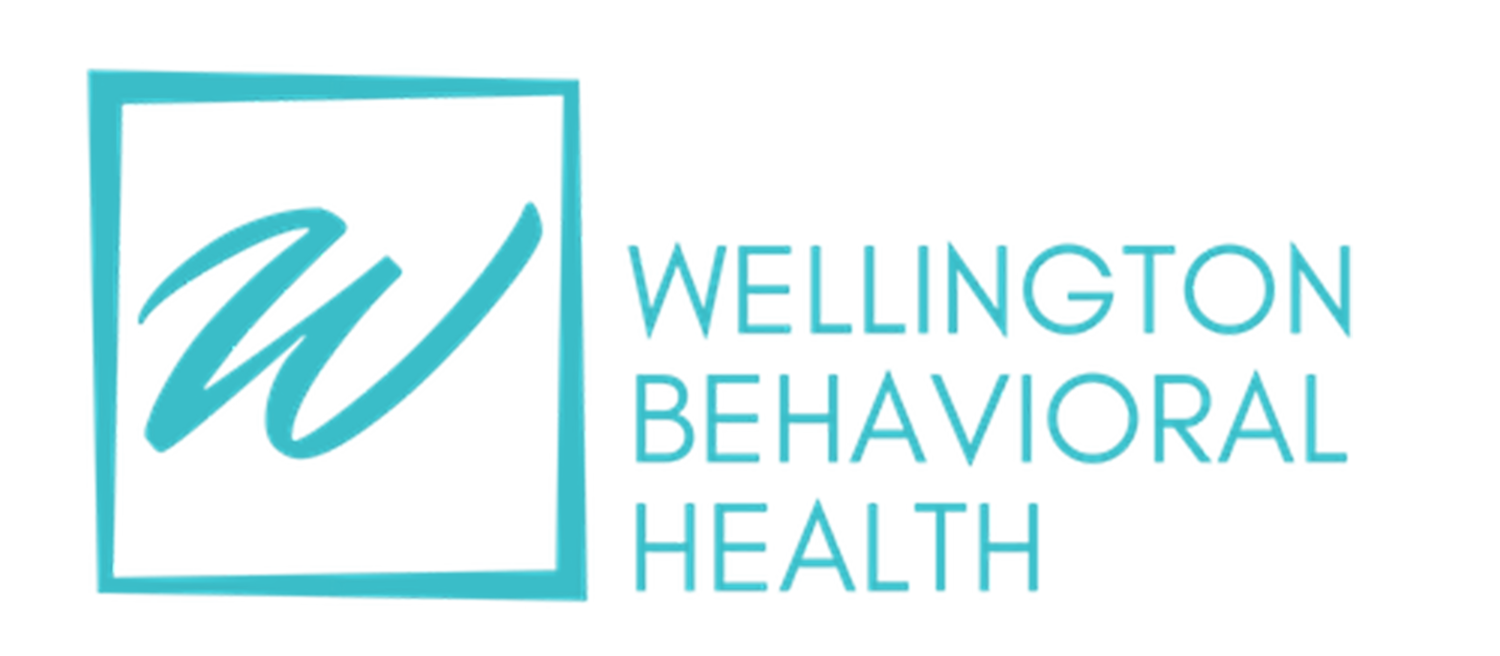It’s no secret that Thanksgiving can be a challenging holiday for individuals struggling with eating disorders. You may be scared to face particular foods or worry about the temptation to binge and purge. It’s about more than just the food too: Maybe you have a troubled relationship with an extended family member, making holiday gatherings anxiety-inducing even without an eating disorder. Plus, our culture tends to normalize disordered eating behaviors on this day, like “fasting until dinner” or overeating until you can barely move.
For today’s blog post, let’s consider five tips for managing an eating disorder on Thanksgiving.
1. Eat like you would on any other day.
Plan for three well-balanced meals to nourish your body and keep any cravings at bay. If you’re working with a dietitian, continue to follow your meal plan. Even if you don’t regularly use a meal plan, consider working with a healthcare professional to develop one. Eating regularly throughout the day will help to reduce the likelihood of disordered eating behaviors.
2. Practice self-care.
Even though it’s just one day, Thanksgiving can feel especially long if you’re recovering from an eating disorder. Acknowledge that it will be hard and that you can do hard things. Check-in with yourself throughout the day by taking a few deep breaths, listening to a meditation app, or taking a short walk. If you have a space for quiet time, grab your journal and jot down your thoughts and feelings.
Remember that the day doesn’t have to be all about food and family. Take time to recharge too! You can even start a new tradition of listening to the record player while you snuggle by the fire or watching a holiday movie before you clean up the kitchen. If you need some quiet time, grab a book and a cup of tea and find a cozy corner. Do what you need to do to take care of yourself.
3. Know your boundaries.
Before you arrive at a family gathering, think about how you want to handle triggering situations or stressful topics. Here are some boundaries you may want to consider enforcing:
Change your seat if you’re sitting next to someone who brings up negative feelings.
Change the subject or simply walk away if a conversation includes talk about diets, exercise, or body shapes.
Leave the event early if you begin to feel overwhelmed.
4. Ask for help!
Prior to Thanksgiving day, consider attending a recovery-focused support group or an extra session with your therapist. On the day of, ask a close family member or friend to act as your support person. You can turn to them if you’re trapped in a tough conversation or nervous about participating in a buffet-style meal. Even just knowing they’re there and on your side may make you feel better.
5. Let gratitude be the focus of the holiday.
Thanksgiving is all about gratitude, so let that feeling guide you. Create a list of people, places, experiences, and things that improve your life and make you happy. Better yet, start now! A 2019 study published in Frontiers in Psychology shows that just 14 days of this simple practice can boost your mood and general feelings of satisfaction. Plus, it can decrease negative feelings and symptoms of depression.
With the right plan and support, it is possible to manage an eating disorder and enjoy Thanksgiving.
Wishing you and your loved ones a happy Thanksgiving!
Discover the possibility of living a meaningful life. Discover the possibility of recovery. Reach out to Dr. Benaaz Russell, PsyD, CEDS-S, today to schedule an appointment!

